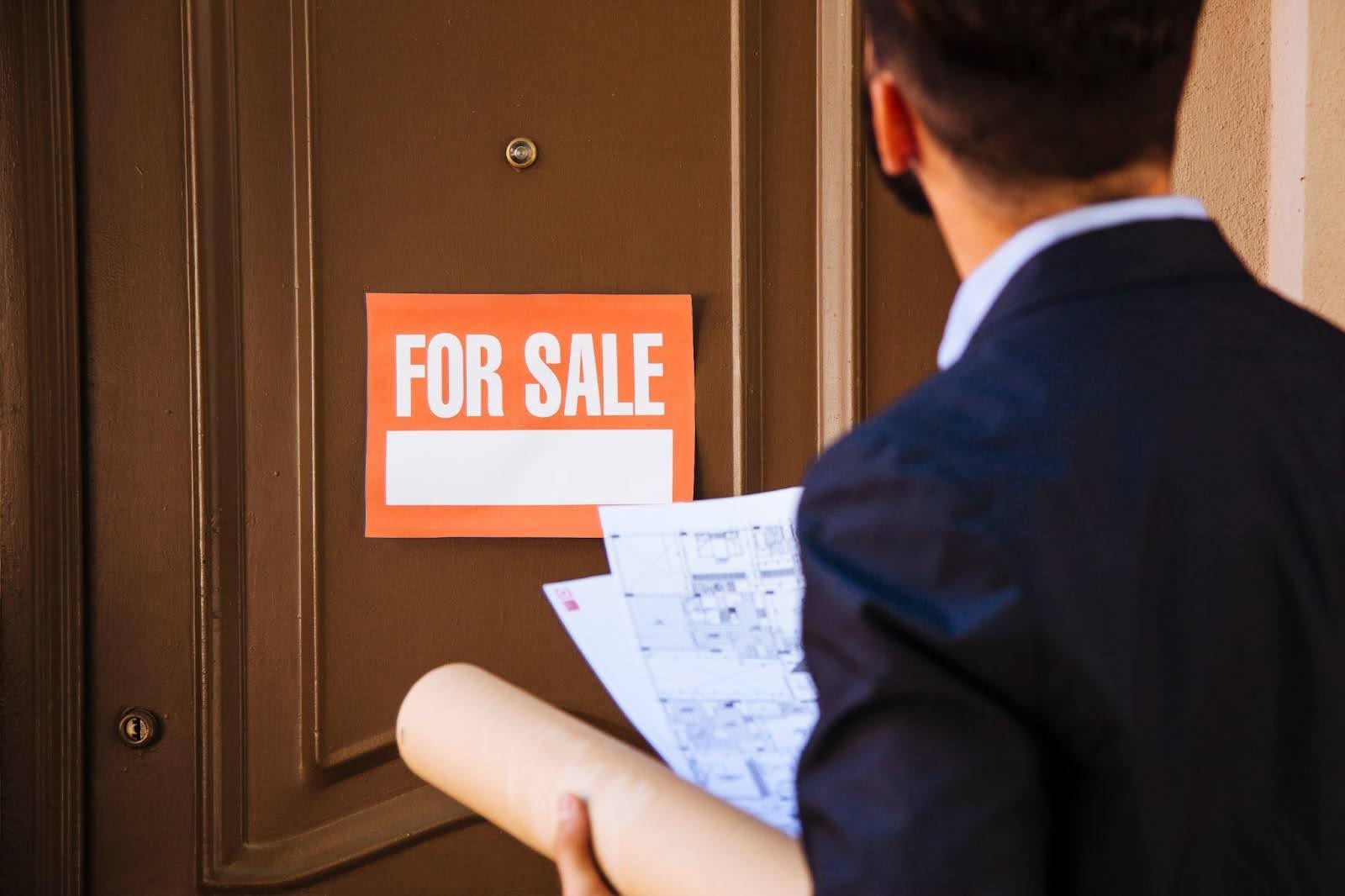Potential Homeowner’s Guide to Buying Property in Singapore
Finding the right property for sale in and of itself comes with its set of challenges, such as high demand for housing, increased property rates, and even government policies and restrictions. And for newcomers to Singapore or those not well-versed in the real estate market, navigating these complexities can be daunting.
To help guide you through your decision, we cover the vital information you will need to know when buying a residential property.
1. Residential Status and Property Options
In Singapore, one’s residential status—whether you are a citizen, permanent resident (PR), or foreigner—significantly impacts the options for the properties you can buy. This is mainly because the government has implemented various measures to ensure affordability and accessibility for its citizens while managing the demand from non-citizens.
Available Options for Each Residential Status
- Singapore Citizens – They have the most comprehensive range of options, including new and resale Housing Development Board (HDB) flats, executive condominiums, private condominiums, and landed properties. They are also eligible for various government grants and subsidies, making homeownership more accessible.
- Permanent Residents – They are allowed to buy resale HDB flats (subject to certain eligibility criteria), executive condominiums (after a certain period from the project’s completion), private condominiums, and leasehold estate in a landed home for a term not surpassing seven years, inclusive of any extension or renewal.
- Foreigners – They face the most restrictions, primarily limited to purchasing private condominiums and apartment units. They are generally not allowed to buy HDB flats or landed homes except for landed properties in Sentosa Cove or with special approval from the government.
2. Stamp Duties
Stamp duties in Singapore are taxes levied on the purchase of properties and vary depending on your residential status (citizens, permanent residents, or foreigners) and the type of property ownership (residential or commercial). These duties are calculated as a percentage of the buying price or the property’s market value, whichever is higher.
Buyer’s Stamp Duty (BSD)
The BSD is applicable to all property purchases, regardless of your nationality or the type of property. It is calculated on a tiered basis, with rates ranging from 1% to 6% of the purchase price or market value of the property.
Additional Buyer’s Stamp Duty (ABSD)
The ABSD is an additional tax that applies to certain buyers, primarily based on your residential status and the number of properties you own. Singapore citizens buying their first property are not subject to ABSD, but the duty applies to subsequent property purchases. For the second property purchase, as of 27 April 2023, the ABSD is 20%. On their third and subsequent purchases, the ABSD is 30%.
Permanent residents pay ABSD on all the property bought, with the rate increasing with each additional property. The ABSD for permanent residents is 5% on their first property and 30% on their second property.
On the other hand, foreigners are subject to the highest ABSD rates, which is 60%. This reflects the government’s stance on ensuring housing affordability for its citizens.

3. Other Considerations in Selecting the Right Property
Aside from aligning your selections to government regulations and policies, you also need to find one that fits your lifestyle, preference, and budget. Here are the other factors you need to consider when you buy a property in Singapore:
a. Aligning with Lifestyle and Financial Goals
The property you choose should complement your current lifestyle and accommodate your financial goals for the future. If you’re living with your family or independently, finding a space to accommodate your needs and the needs of the people that reside in the home is crucial.
Consider the daily routines, preferences, and long-term plans of all household members. This holistic approach ensures the home you choose not only serves as a comfortable living space but also supports your collective dreams and financial ambitions. Prioritise identifying the features and locations that cater to these needs, all while adhering to a realistic budget to maintain financial health and future growth.
b. Assessing the Potential for Growth
Investing in a property is also about anticipating the future. Properties in areas slated for development or within growing economic zones can offer significant appreciation potential. Therefore, look for signs of upcoming infrastructure projects, such as new MRT stations, commercial hubs, or government investment in the area.
These developments, which are often listed in the Master Plan (MP) by the Urban Redevelopment Authority (URA), could enhance the quality of life for residents and, as mentioned, boost property values over time.
c. The Importance of Accessibility and Amenities
Assess how accessible the property is in terms of your daily commute to work, proximity to good schools, healthcare facilities, and other essential services. Additionally, the availability of amenities can greatly impact your living experience. From shopping malls and eateries to parks and recreational facilities, these local conveniences add value to your property and enrich your lifestyle.
d. Choosing Between New Launches and Resale Properties
The decision between opting for a newly launched property or a resale unit has significant implications. New launches often come with the latest designs and amenities, potential early-bird discounts, and the appeal of a fresh start. However, they may also involve waiting periods for construction to be completed.
On the other hand, resale properties offer the advantage of a lesser waiting time/immediate occupancy after the sale is completed, the opportunity to inspect the property thoroughly before purchase, and potentially more room for negotiation on price.
At the end of the day, your preference might depend on your timeline, appetite for risk, and the specific characteristics you’re looking for in a home.
Gain Insight into Buying Residential Properties in Singapore from a Professional
By engaging a professional, you gain access to an extensive range of properties for sale, allowing you to explore more options that fit your specific needs and preferences. Furthermore, a skilled real estate salesperson offers deep market insights, shedding light on trends, pricing, and future growth areas that could influence the value and suitability of a property.
For those who find themselves drawn to the dynamics of the real estate market and perhaps wish to take a more hands-on approach, Real Centre Network has you covered. We offer a real estate salesperson (RES) course alongside Continuous Professional Development (CPD) courses in Singapore to help you step into a career in real estate.
These programmes are designed to equip individuals with the knowledge and skills necessary to navigate the market, not just as buyers but as informed participants or even professional salespersons. They cover a broad range of topics, from the legal and ethical considerations in real estate transactions to effective sales techniques and market analysis. This path not only opens up new job opportunities but also provides invaluable insights for personal property investments. As a result, you have a deeper understanding of what makes a property purchase successful in Singapore’s real estate scene.
For more real estate insights, check out our guide on the timeline for selling HDB flats and the best time to sell properties in Singapore.
